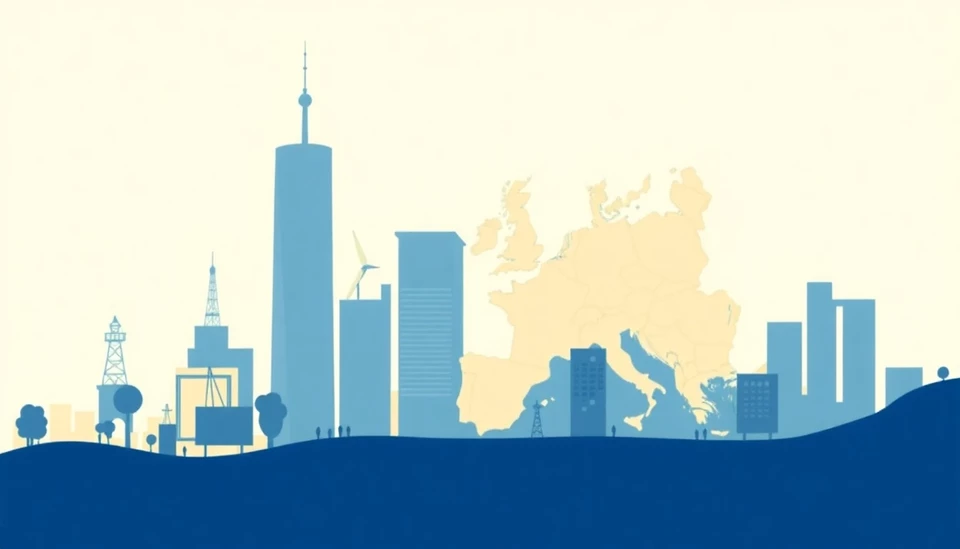
In a significant policy shift, the European Union has decided to revisit its ambitious 2040 climate goals, aiming to accommodate dissenting voices within its member states. This strategic retreat comes amidst a backdrop of increasing concern over the economic repercussions of stringent environmental regulations, particularly as energy prices remain high and energy security is under scrutiny.
Initially, the EU had set a target to cut greenhouse gas emissions by at least 55% by 2030, as part of its broader objective to achieve climate neutrality by 2050. However, the ambitious goals for 2040 have faced resistance from countries wary of the potential impacts on their economies. Nations heavily reliant on fossil fuels have expressed fears that more aggressive climate measures could disrupt their energy sectors and hamper economic growth.
To counter these concerns and foster a more unified front on environmental legislation, the EU is considering a phased approach that allows for gradual implementation of climate goals. This would enable countries to adapt their energy infrastructures while still progressing towards long-term sustainability objectives. By scaling back immediate expectations for 2040, the EU hopes to bolster its coalition of member states and encourage a more cooperative effort toward combating climate change.
The proposed alterations to the climate agenda are part of a broader discussion spearheaded by several key member states, including Poland and Hungary, which have been pivotal in advocating for policies that prioritize economic stability alongside environmental commitments. Their influence has led to a realization that for the EU to maintain cohesion among its diverse member states, it must balance ambitious climate goals with practical economic considerations.
As the EU navigates these complex negotiations, it is becoming increasingly clear that the dialogue surrounding climate policy is evolving. The shift in approach underscores a growing understanding among EU leaders that addressing climate change is not just an environmental imperative but also a matter of economic viability for many member nations.
While the roadmap for the future remains under development, the EU's willingness to adapt its climate framework signals a significant moment in the ongoing struggle against climate change. This renewed focus on inclusivity may just be the key to strengthening the EU's position as a global leader in environmental policy while ensuring the economic welfare of its member states.
#ClimateChange #EUStrategy #Sustainability #PolicyShift #GreenEnergy
Author: Sophie Bennett




